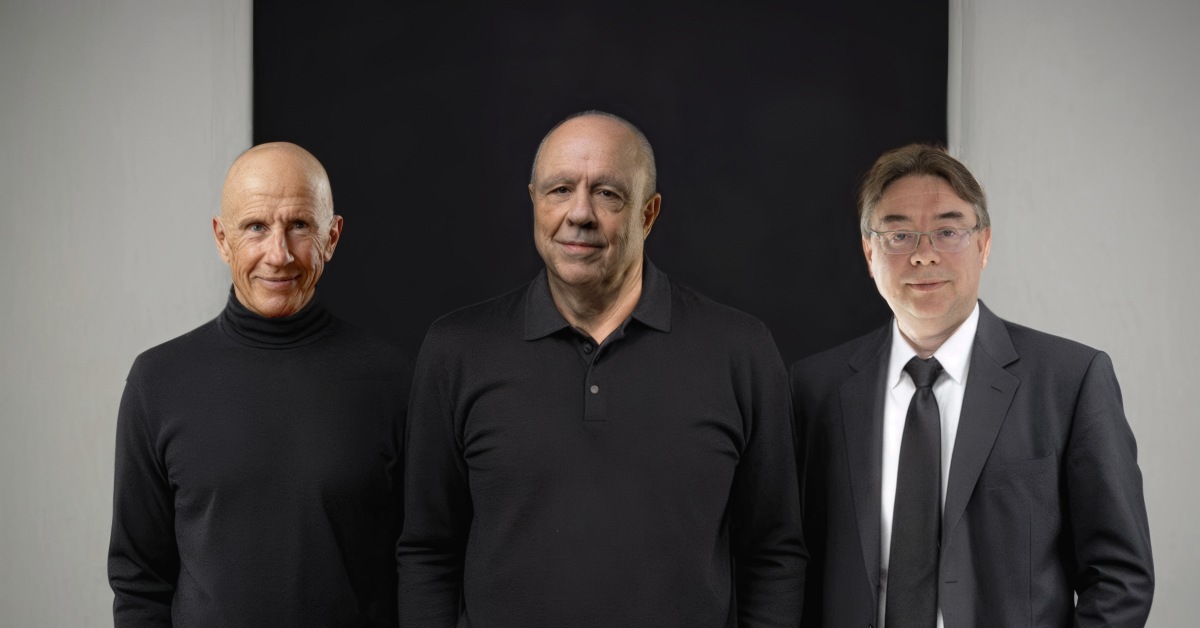Eindhoven-based PhotonDelta, an accelerator for the integrated photonics industry, announced on Thursday that it has secured €1.1B in public and private investment to transform the Netherlands into the leader of the next generation of semiconductors.
The investment includes €470M of funding obtained through the National Growth Fund (Nationaal Groeifonds), while the rest is co-invested by various partners and stakeholders.
What is PhotonDelta?
In December 2018, an agreement was signed in which Dutch companies, knowledge institutions and governments pooled a total of €236M in cash and in-kind resources to exploit the knowledge position in the field of integrated photonics. The PhotonDelta partners together to form a cohesive and co-operative industrial cluster.
The ambitions and strategy for 2019-2026 are laid down in the PhotonDelta National Plan of the Dutch government, which is structured along four strategic pillars. The PhotonDelta Foundation is the implementing organisation for this plan and started its activities on January 1, 2019.
PhotonDelta is an ecosystem that researches, designs, develops, and manufactures solutions with integrated photonics technology. Connecting pioneers in the field with investors and viable markets, PhotonDelta helps to take the industry forward with funding, investments and R&D roadmaps. It is located in the Netherlands but connects and collaborates throughout Europe.
Currently, the PhotonDelta ecosystem consists of 26 companies, 11 technology partners and 12 R&D partners. The organisation has jointly invested €171M into photonics companies, including Smart Photonics, PhotonsFirst, Surfix, MicroAlign, Solmates, and Effect Photonics.
The PhotonDelta proposal has been submitted by the Dutch Ministry of Economic Affairs & Climate Policy in close collaboration with Eindhoven University of Technology (TU/e), University of Twente (UT), Delft University of Technology (TUD), Holst Centre, TNO, IMEC, PITC, CITC, Holst Centre, OnePlanet, Smart Photonics, Lionix International, Effect Photonics, MantiSpectra, PhotonFirst, Phix, and Bright Photonics.
Capital utilisation
Capital from the Netherlands’ Ministry of Economic Affairs and Climate Policy and other organisations will be used to build 200 startups, scale up production, create new applications for photonic chips, and develop infrastructure and talent.
By 2030, the company aims to have created an ecosystem with hundreds of companies serving customers worldwide, and a wafer production capacity of 100,000+ per year.
Ewit Roos, CEO at PhotonDelta, says, “This investment is a game-changer. It will make the Netherlands the home of the next generation of semiconductors which will have a profound impact on the whole European tech industry. The ongoing chip shortage highlights the pressing need for Europe to create its own production capabilities for strategic technologies. We will now be able to support hundreds of startups, researchers, producers and innovators to boost this industry that will be as impactful as the introduction of microelectronics a few decades ago.”
What is Photonics and why is it important?
Photonics uses photons (light) to transfer information. Photonic chips, also called photonic integrated circuits (PICs), integrate photonic functions into microchips to create smaller, faster and energy-efficient devices. PICs can process and transmit data much more effectively than their electronic counterparts. Just like with traditional chips, the production process is carried out using automatic wafer-scale technology. This allows the chips to be mass-produced, reducing costs.
Crucially, PICs can overcome the expected limit to Moore’s Law and will also help tackle energy sustainability issues. Currently, PICs are used in the data and telecom industry to reduce the energy consumption per bit and increase speeds. With data and internet use expected to be around 10 per cent of global electricity consumption by 2027, PICs provide a ‘powerful’ way to limit the impact on the climate.
According to Ewit Roos, “The Netherlands is considered a pioneer in the development of PIC technology, and thanks to the continuous support from the Dutch government, we have been able to build a full supply-chain around it that is globally recognised as a hotspot for photonic integration.”
“Photonic chips are one of the most important technological breakthroughs of the last decade. Not only do they allow for the creation of devices that are faster, cheaper, more powerful and greener – they also enable radical new innovations like affordable point-of-care diagnostics or quantum computing to become a reality,” adds Roos.
According to a statement by PhotonDelta, Photonic circuits will also soon play an important role for innovative sensors that can be mass-produced, leading to earlier diagnostics of diseases, safe autonomous vehicles and infrastructure, and more efficient food production.










01
From telecom veteran to Dutch Startup Visa success: The Jignesh Dave story